The Nature of Consciousness: Essays on the Unity of Mind and Matter
£13.70£17.10 (-20%)
Our world culture is founded on the assumption that the Big Bang gave rise to matter, which in time evolved into the world, into which the body was born, inside which a brain appeared, out of which consciousness at some late stage developed. As a result of this “matter model,” most of us believe that consciousness is a property of the body. We feel that it is “I,” this body, that knows or is aware of the world. We believe and feel that the knowing with which we are aware of our experience is located in and shares the limits and destiny of the body. This is the fundamental presumption of mind and matter that underpins almost all our thoughts and feelings and is expressed in our activities and relationships.
The Nature of Consciousness suggests that the matter model has outlived its function and is now destroying the very values it once sought to promote. For many people, the debate as to the ultimate reality of the universe is an academic one, far removed from the concerns and demands of everyday life. After all, life happens independently of our models of it. However, The Nature of Consciousness will clearly show that the materialist paradigm is a philosophy of despair and, as such, the root cause of unhappiness in individuals. It is a philosophy of conflict and, as such, the root cause of hostilities between families, communities, and nations. Far from being abstract and philosophical, its implications touch each one of us directly and intimately.
An exploration of the nature of consciousness has the power to reveal the peace and happiness that truly lie at the heart of experience. Our experience never ceases to change, but the knowing element in all experience-consciousness, or what we call “I”-itself never changes. The knowing with which all experience is known is always the same knowing. Being the common, unchanging element in all experience, consciousness does not share the qualities of any particular experience: it is not qualified, conditioned, or limited by experience. The knowing with which a feeling of loneliness or sorrow is known is the same knowing with which the thought of a friend, the sight of a sunset, or the taste of ice cream is known. Just as a screen is never disturbed by the action in a movie, so consciousness is never disturbed by experience; thus it is inherently peaceful. The peace that is inherent in us-indeed that is us-is not dependent on the situations or conditions we find ourselves in. In a series of essays that draw you, through your own direct experience, into an exploration of the nature of this knowing element that each of us calls “I,” The Nature of Consciousness posits that consciousness is the fundamental reality of the apparent duality of mind and matter. It shows that the overlooking or ignoring of this reality is the root cause of the existential unhappiness that pervades and motivates most people’s lives, as well as the wider conflicts that exist between communities and nations. Conversely, the book suggests that the recognition of the fundamental reality of consciousness is the first step in the quest for lasting happiness and the foundation for world peace.
Read more
Additional information
| Publisher | 1st edition (29 Jun. 2017), New Harbinger |
|---|---|
| Language | English |
| Paperback | 296 pages |
| ISBN-10 | 1684030005 |
| ISBN-13 | 978-1684030002 |
| Dimensions | 15.24 x 1.78 x 22.61 cm |

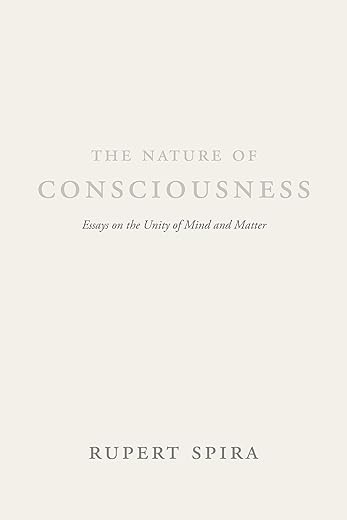
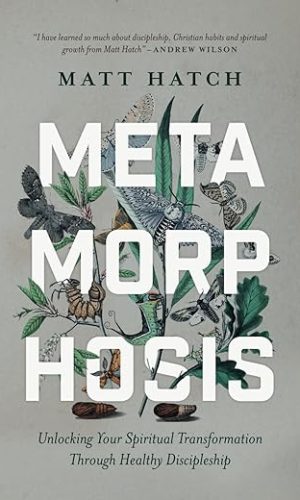
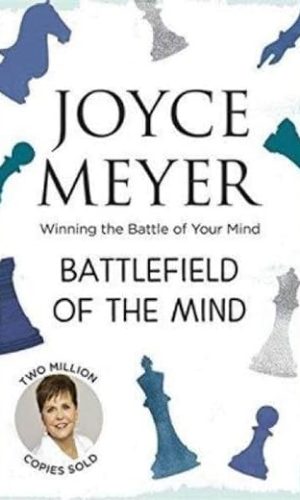
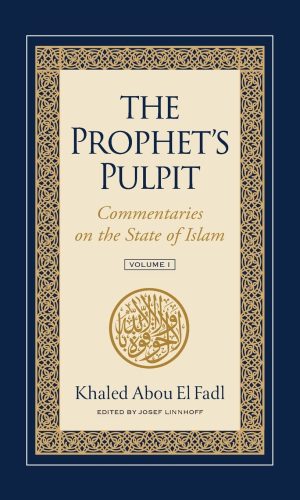
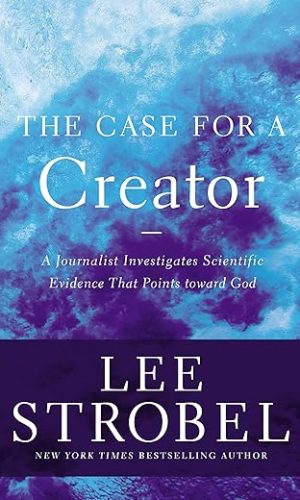
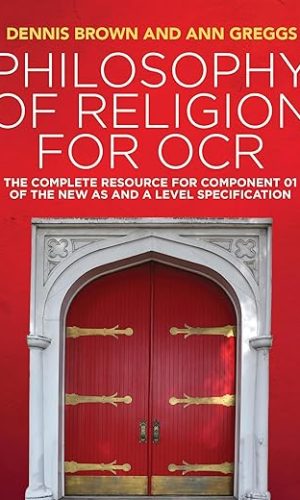
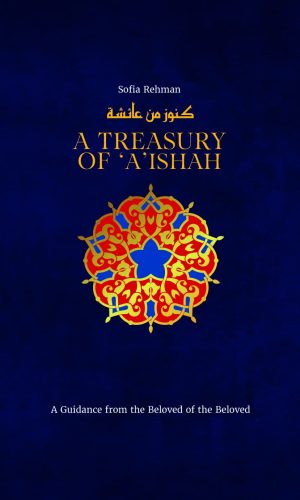
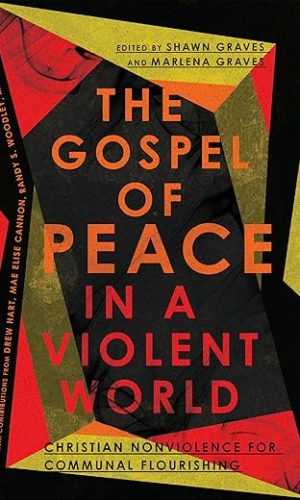
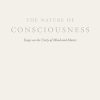
by Ms. L. Crosby
I love the clarity of this book, and also those moments when the words trigger a stepping beyond into a longed-for wordlessness. It is a succinct presentation of Rupert’s teachings, very accessible and at the same time simply profound. I gave this book to a friend and his comment was that RS is hugely impressive as a teacher. I agree!
by Dr Vikas Pandey
I bought this the day after watching my first Rupert Spira YouTube video in June 2018. I tried reading it several times in 2018 but just could not assimilate the words despite having a reasonable nondual background. I then took it on holiday with my in July 2019 and could not stop reading it – certainly not the way that Rupert recommends reading this, but I could not stop. It opened something, I’ve read and watched a lot of Rupert Spira but this book is on another level. For me it is among the greatest works of nonduality of all ‘time’.
by JAzon
Analogies, analogies, analogies!! – Rupert Spira uses them so good to explain deeply profound concepts.
For example in a statement like ‘In the absence of that which you are not, that which you are is not’, is a very deep statement that has such depth and intrinsic meaning, but when you explain the same with an analogy ie., ‘In the absence of warmth, one cannot understand what being cold is’. The meaning of such intense concepts becomes so CLEAR! Rupert – my personal thank you for these ANALOGIES! (But, I still need an audiobook version of this please).
This book is a tough one to chew, and a laborious read. Previously, I thought ‘Power of Now’ by Eckhart Tolle was heavy, but once those concepts are internalized, this book will be help one to advance to the NEXT LEVEL! Truly, at this time Rupert is the best exponent of modern spirituality.
And for all those who complained about repetition of concepts in Spira series of books, I think its intrinsic by design by the author and it actually help me internalize and instill these understandings more deeply!
by K2
For me, this is probably one of the best books I’ve ever read on the subject, who am I and why am I here. It is first class, beautifully written, so powerfully succinct with an impression that Rupert Spira is a man who has worked very hard in his search for Truth and has discovered it! His other work The Art of Peace and Happiness is of the same calibre. First class and for the serious student of any so called spiritual path this book is a probably one of the best. It’s a difficult read, it is repetitive in a way, but Rupert does that deliberately to hammer home, as if with a feather the Truths that evade us, the Truth that is beyond the mind, underneath thinking, and behind the lies of this illusory existence.
by Para
I have enlightened, over priced.
by A. Boyle
Great ???? book highly recommended, you need to read it slowly for it to sink in.it took me a couple of weeks reading but well worth the time invested
by Jordan Welsh
I really can’t recommend highly enough. A masterpiece of wisdom & insight into your mind as well as the world.
by John Fletcher
I can only echo what others have said. here is a book on non-dualism written by a really intelligent and articulate man whose prose is a pleasure to read. If Wittgenstein had written a treatise on spirituality it would have come out something like this.